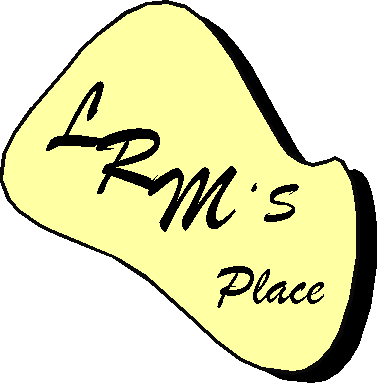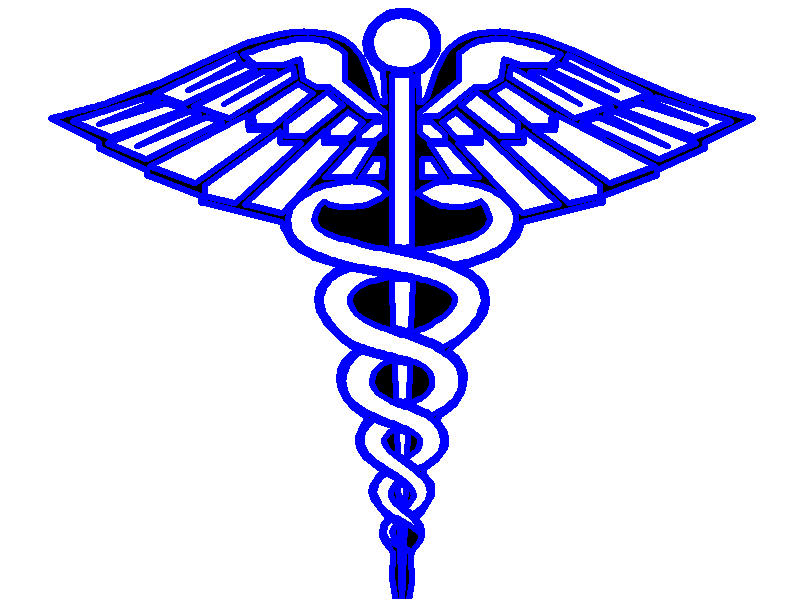DISABILITY AND HEALTH-CARE REFORM(OVERVIEW)
Without universal coverage, system-wide adverse selection and cost shifting to pay for care of the uninsured will doom any all-voluntary health-care "reform" to failure, leading to:
Self-Employment Issues. Self-employment offers the most promising chance for people with disabilities to get off welfare and into the work force. That makes it very important to assure that the financing mechanisms in health-care reform don't create work penalties for low-to-moderate-income self-employed individuals. Disability Representation. It is critically
important for informed, qualified people with disabilities to be
included on all health boards and/or commissions that oversee issues like
access, benefits, quality of care, and consumer protection. Without
disability representation, many board decisions are liable to have disproportionally
adverse impact on health consumers with disabilities.
For further information, contact: Laura Remson Mitchell, Southern California Disability
Campaign for Health-Care Reform
|



